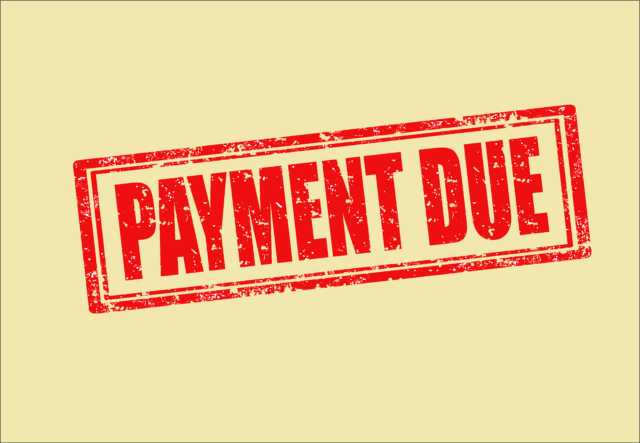
Long Wait Times Deter Disability Applicants
Applying for federal disability benefits is a precarious situation for workers who were either forced, or have chosen, to quit their jobs due to an injury or chronic medical condition. There are no guarantees an application will be approved, and it can be hard to find a job after waiting months for a decision on whether they qualify for the benefits.
In new research documenting how long individuals wait for a decision on their initial disability applications to a Social Security Administration (SSA) field office, the average ranges from about seven to nine months.
The entire process can take twice as long if SSA denies the request for benefits and the applicant appeals within the agency or to an administrative law judge or federal court, the researchers found.
Wait times between the initial filing and resolving all appeals fluctuated quite a bit, at least during the study’s time period – 1996 through 2014 – but ended at a higher level than where they started. The waits in exurban and rural areas increased more than in urban areas.
Why does this matter? In addition to the burden on applicants of having to wait, long waits may be dissuading people from applying for disability. Counties that took longer to process applications and resolve all the appeals saw fewer applications the following year, the researchers found.
The impact of wait times on future applications provides preliminary “evidence of the importance of how SSA processing interacts with applicant behavior,” the researchers said.
The amount of time it takes to process an application can vary for all sorts of reasons. Certain severe medical conditions that are clearly disabling can speed things up. But submitting an incomplete application or applying to a particularly busy field office can lengthen the process.
The analysis, based on SSA data, controlled for local economic conditions and the health of county populations, both of which have a big influence on application rates.
Women are more likely to be denied benefits initially and are somewhat more affected by the biggest factor in extended waits – appeals. SSA approved their initial applications about 28 percent of the time, compared with 33 percent for men. Not coincidentally, women’s wait times were two to three weeks longer than men’s between 1996 and 2014.
It’s not clear why the number of applications submitted declines after a county’s wait times increase. It could be that, as word spreads, people decide against submitting an application because it’s not worth stopping work to wait for a decision or they feel discouraged by the long waits, which they read as an indication that approval of their application is unlikely.
What is clear is that “the amount of time that an applicant expects to wait,” the researchers said, “is an important factor in deciding whether to apply.”
To read this study, authored by Amanda Michaud, Timothy Moore, and David Wiczer, see “The Relationship between Social Security Disability Insurance Wait Times and Applications.”
The research reported herein was derived in whole or in part from research activities performed pursuant to a grant from the U.S. Social Security Administration (SSA) funded as part of the Retirement and Disability Research Consortium. The opinions and conclusions expressed are solely those of the authors and do not represent the opinions or policy of SSA, any agency of the federal government, or Boston College. Neither the United States Government nor any agency thereof, nor any of their employees, make any warranty, express or implied, or assumes any legal liability or responsibility for the accuracy, completeness, or usefulness of the contents of this report. Reference herein to any specific commercial product, process or service by trade name, trademark, manufacturer, or otherwise does not necessarily constitute or imply endorsement, recommendation or favoring by the United States Government or any agency thereof.
Comments are closed.







“Justice delayed is justice denied.” I had patients with obvious total disability denied benefits until (at my urging) they engaged a lawyer. My cynical take was that they denied everybody the first time, hoping to save the system money if some did not appeal.
The Social Security disability system is awful. I know of a number of people, most with serious/terminal conditions that made work impossible, whose benefits were delayed or denied. The two men, who retained lawyers, eventually were approved, but only after they had died. Another, a widow with widely metastasized cancer given an estimated six months to live, was refused disabled widow’s benefits. She was too sick to appeal/pursue her case and did in fact die in about that amount of time.